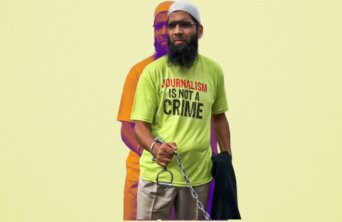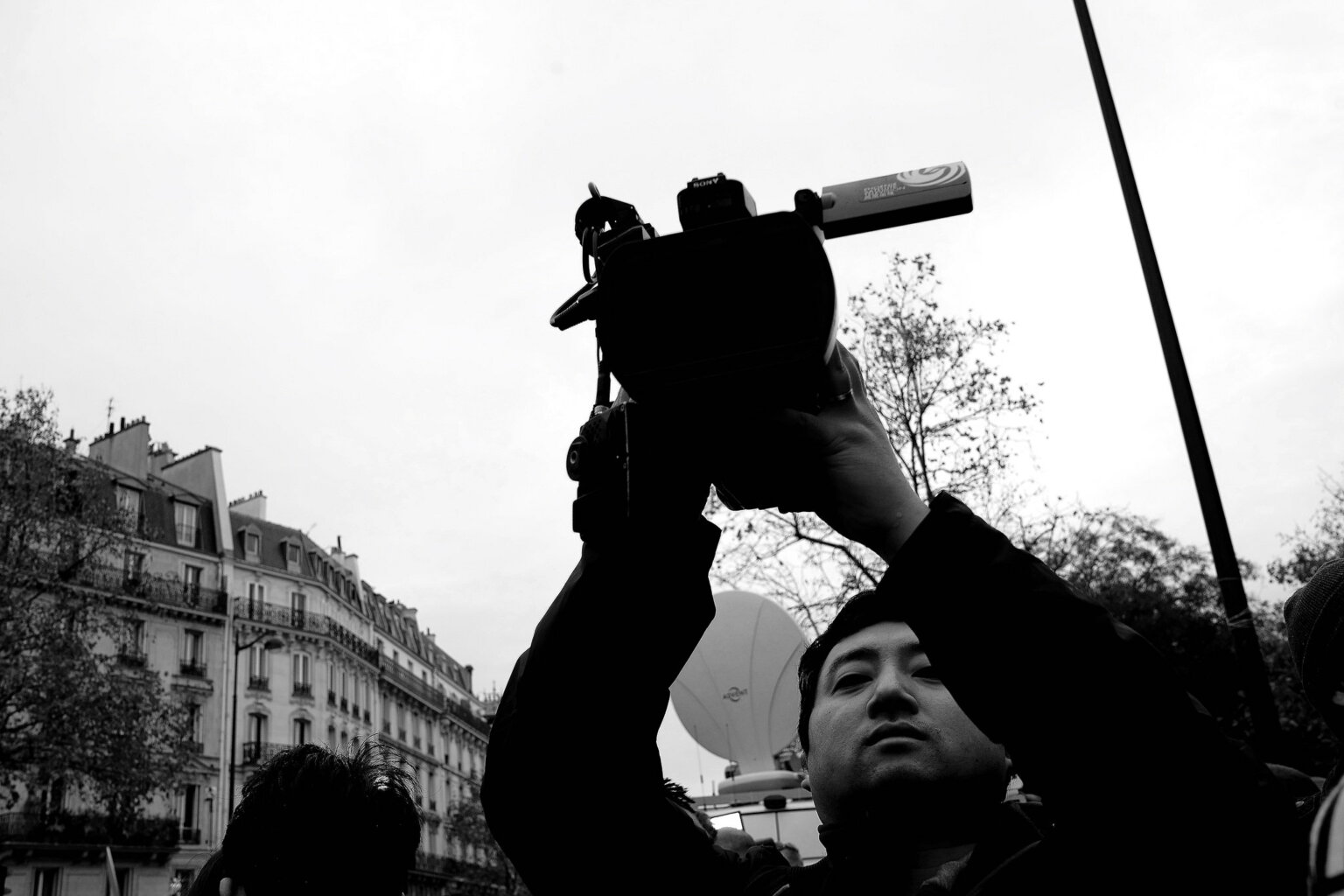- About
- Topics
- Picks
- Audio
- Story
- In-Depth
- Opinion
- News
- Donate
- Signup for our newsletterOur Editors' Best Picks.Send
Read, Debate: Engage.
| topic: | Freedom of Expression |
|---|---|
| located: | India |
| editor: | Bindu Gopal Rao |
India's constitution includes an amendment that safeguards the freedom of the press, which is considered a fundamental right of every citizen, akin to freedom of expression. However, the constitution does not explicitly mention the press's protection, but rather extends it to all individuals. Despite this protection, the Indian government has implemented constitutional amendments to restrict media bias, any violations of which are punishable under the Indian Penal Code (IPC).
The World Press Freedom Index released by Reporters Without Borders in 2022 ranks India at 150th place of the 180 listed countries. While the Indian Government negated the report completely, its actions in the recent past have shown its violence against independent media: fake news, paid news and biassed media coverage have affected the quality of available information in the country, while journalists who criticise the government’s activities are harassed or prosecuted.
The recent arrests of several journalists have brought the issue of press freedom under scrutiny. The arrested journalists include Aasif Sultan (pictured above), Gautam Navlakha, Sajad Gul, Fahad Shah and Rupesh Kumar Singh who are being investigated under anti-terrorism laws and the Unlawful Activities Prevention Act. In some instances, journalists have been killed because of their reporting, including Gauri Lankesh, who was killed in 2017 in front of her house and whose trial has yet to be concluded.
Earlier this year, Prime Minister Modi caused international outrage when his government blocked a BBC documentary about his involvement in the Gujarat riots, and then raided the offices of the BBC under accusations of tax evasion.
Recent reports indicate that the Indian government is planning to create a state fact-checking unit that will empower it to direct social media platforms to take down content that it deems misleading or fake, something that has “deeply disturbed” the Editors Guild of India, a non-profit organisation representing more than 200 journalists.
Compounding the matter is the fact that there are no real bodies to protect the press in India and there have been several instances when different state governments have arrested journalists for reporting negatively.
The growing trend of crackdowns extends to independent media outlets as well, the latest example of which is the hostile takeover of New Delhi Television (NDTV) by the Adani Group Company. The takeover resulted in the ousting of several senior journalists and the original founders from the network. NDTV was widely considered to be the last remaining independent TV news broadcaster in India and the Adani Group's close ties with the ruling government have raised concerns about the trustworthiness of NDTVs future content.
While the Government denies any interventions to curb press freedom, these cases have cast a shroud on the freedom of press in the country and the hope is to have a more transparent system of communication where journalists can report safely and without fear.
Image by Saqib Majeed

